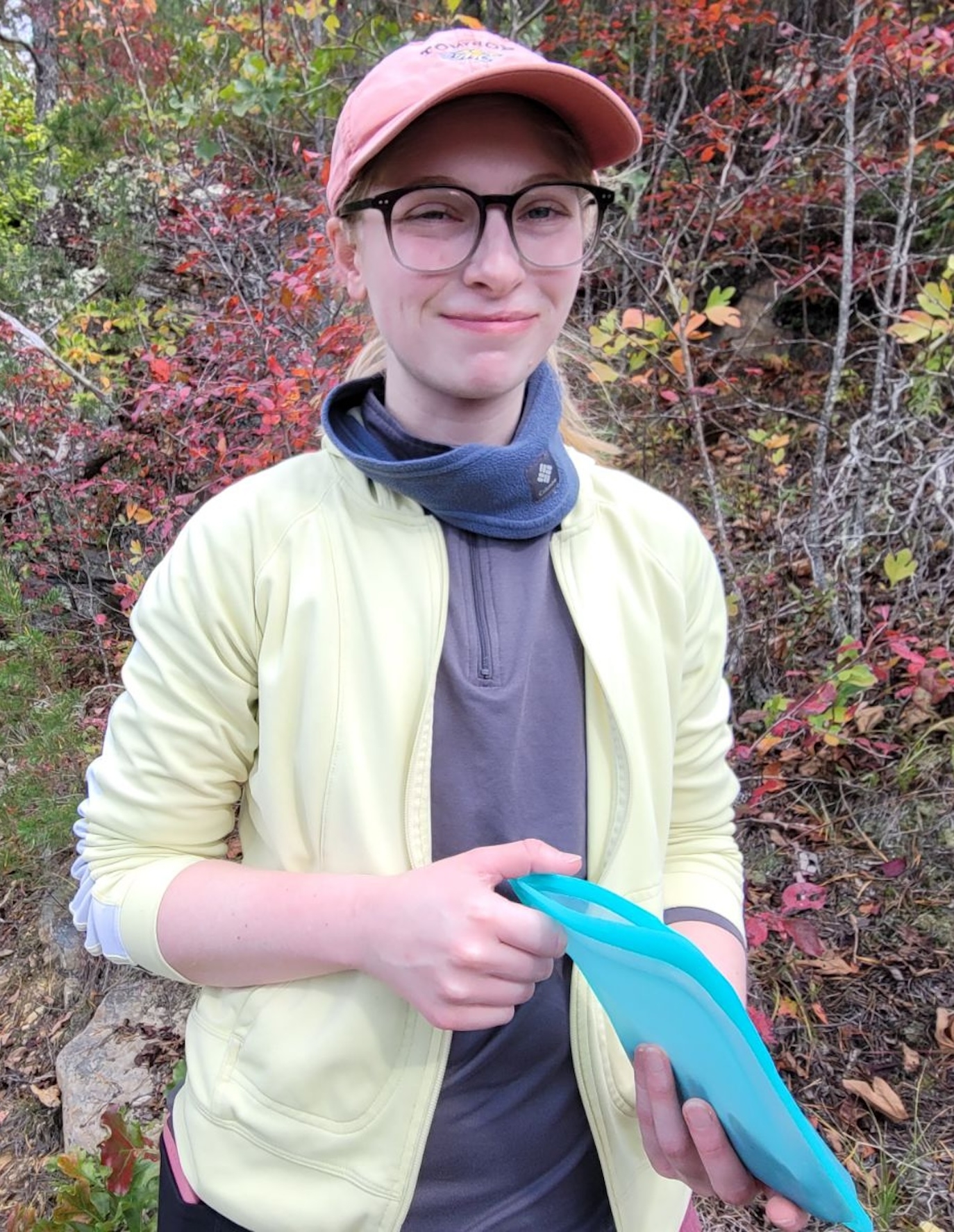Megan Gaesser
IGC FELLOW | Global Change Center
Ph.D. Student • Biological Sciences
Advisor : Dr. Austin Gray
Research Interests: Aquatic toxicology, biogeochemistry; ecosystem, restoration, and urban ecology; emerging contaminants of concern in freshwater systems.
meganeg@vt.edu

Megan is a PhD student in Dr. Austin Gray’s lab in the Department of Biological Sciences. She received her bachelor’s degree in environmental science from Towson University. Concurrent with her bachelor's, as an intern and volunteer researcher at the Otter Point Creek Alliance she researched the tolerance of freshwater zooplankton species to salinity to elucidate the impacts of climate change and road salt use. In addition, she developed micro-culturing techniques to be used for various studies targeting response endpoints such as reproduction, development, and behavior. Working on these projects alongside a community science group sparked her interest in science communication and teaching.
Post bachelor’s Megan worked as a laboratory technician at a state certified drinking water laboratory. Working with local communities to improve drinking water quality and meet local permitting requirements, she developed an interest in water resource management and decided to pursue a graduate education. Megan completed her master’s in environmental science at Towson University in July 2023. Her thesis evaluated an unintended effect of stream restorations, i.e., increases in natural iron, by studying restored and non-restored streams over time and in situ experimentation to understand the impacts of iron on benthic macroinvertebrates and nutrient cycling processes. During her master’s Megan also worked as a field scientist assessing stream health according to Maryland Biological Stream Survey and EPA’s Rapid Bioassessment protocols to help fulfill a portion of the local county’s current NPDES permit requirements.
Megan is broadly interested in studying alterations to biogeochemical cycling and contaminant transportation within and between environmental compartments. Her current research interest at VT is geared toward understanding how per- and polyfluoroalkyl substances are transported along environmental gradients such as urbanization, specifically within stormwater ponds. In joining the IGC, Megan looks forward to developing science communication skills and using collaborative learning approaches to inform strategies toward strengthening the connection between community science and policy decisions.






